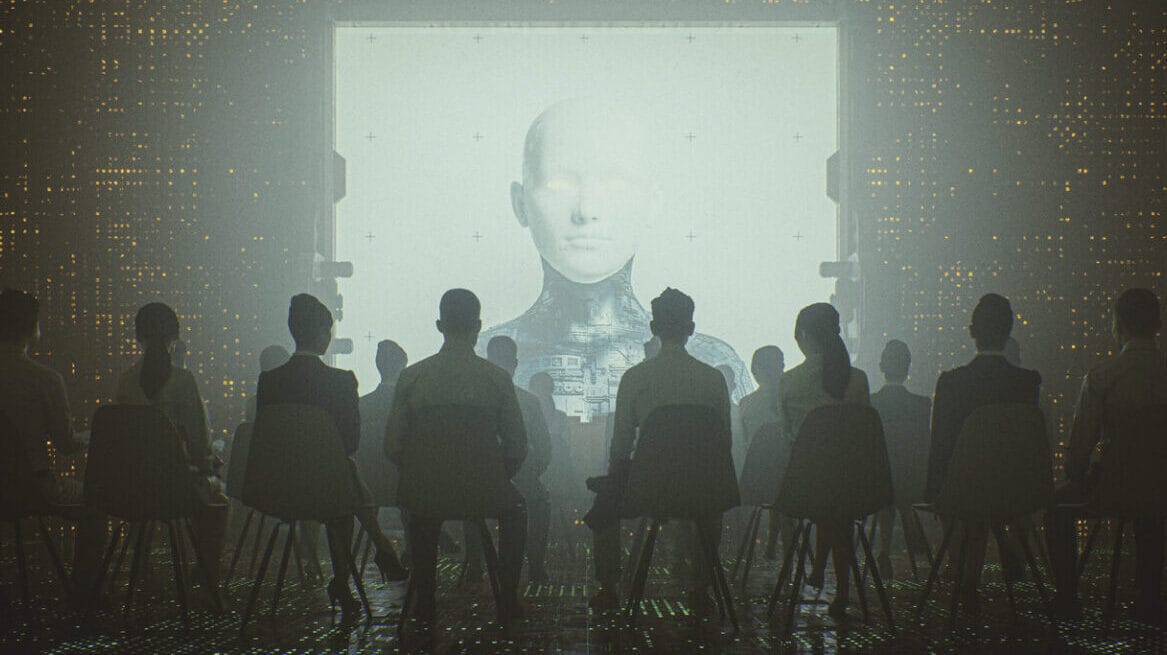Voting is failing

In late 2022, the Pew Research Center gave citizens in several countries a multiple-choice survey to ascertain what they believe makes someone a good member of society. The top answer was voting. This was followed by taking steps to reduce climate change, reading political news, getting a COVID vaccine, joining political demonstrations, and going to church.
Ask regular Americans what makes someone a good member of society, and they’ll probably say things like: “Help my elderly neighbors get groceries;” or “Mentor young people;” or “Build a little free library.” Pollsters, however, are in the business of deciding what answers are acceptable, and instructing us to choose one. It’s no surprise that voting is one of the answers they allow, because to members of the political class, a good citizen is someone who pulls a lever to give them power. Thus has civic engagement, which once harbored rich connotations, been reduced to a sterile political act by everyone from textbook writers to grantmaking foundations.
This hollowed-out form of democracy means, in a nutshell: “Fifty-one percent of us gets to decide who rules 100 percent of us.” Voting therefore becomes, in such a dominion, the most important thing a citizen can do. He certainly can’t reason together with his neighbors what will be taught in the schools, or how the nursing homes will be run, because these decisions now get made in D.C.
Ah, but he can vote, and pray that his ballot is the one in 155 million that determines who controls the federal bureaucracy that governs his life.
There’s an alternate view of democracy in which voting, far from being the most important act of citizenship, is instead a last resort. Indeed, it’s an admission that the community has failed to empathize, cooperate, and compromise in pursuit of the common good. The democracy theorist Jane Mansbridge wrote that this mindset pervaded many self-governing societies, including the American colonies. There were legislatures and votes, to be sure, but they were venues not for subduing one’s neighbor, but for deliberating with him in pursuit of the general welfare. Tocqueville observed that the American founders embraced federalism in part because they:
“. . . thought it also right to give each part of the land its own political life so that there should be an infinite number of occasions for the citizens to act together and so that every day they should feel that they depended on one another.”
Mansbridge likewise wrote that local, deliberative democracy like that of early American federalism doesn’t just offer the possibility of peaceably resolving political differences; it can actually reduce those differences, by cultivating agreement about shared interests. You may not consider the effect of burn barrels on asthma, for example, until I speak at our town council about what leaves being burned around town do to my son’s breathing. Maybe you see him standing beside me, clutching his little inhaler. Maybe now it matters to you, too.

The notion that people might be able to make important decisions that improve their communities without voting is an alien concept to the political class. Take political scientist Eitan Hersh, who advocates community service, in his book Politics is For Power, as a way to show voters his party cares more than the other major party. He wants to transmute the resulting goodwill into votes, which in turn yield power.
This mindset turns Tocqueville on his head—instead of communities working together to solve problems without resorting to national political power, community service becomes just another potential means of seizing that power. “I’m thinking about a ten-year plan,” Hersh writes, “a thirty-year plan, how I can make a difference in a lifetime of elections, how I can build up community so that one day I will have some power to deploy.”
It makes sense that in a nation ruled from the top, the minds of ambitious men turn to power. What then might we posit in place of Pew’s shallow offerings? What, beyond voting, and reading the news, and carrying a sign at a rally, might make one a good member of society?
Some might say it’s the habits we hope to see lived out by those around us: kindness, empathy, conversation. Willingness to be wrong. Putting others before ourselves. Loving our families, our neighbors, our enemies. What makes someone a good member of society, in other words, might be the very same things that enable us to govern our communities without turning every decision into an existential political battle.
Tony Woodlief is State Policy Network’s Senior Executive Vice President and Senior Fellow for SPN’s Center for Practical Federalism.



